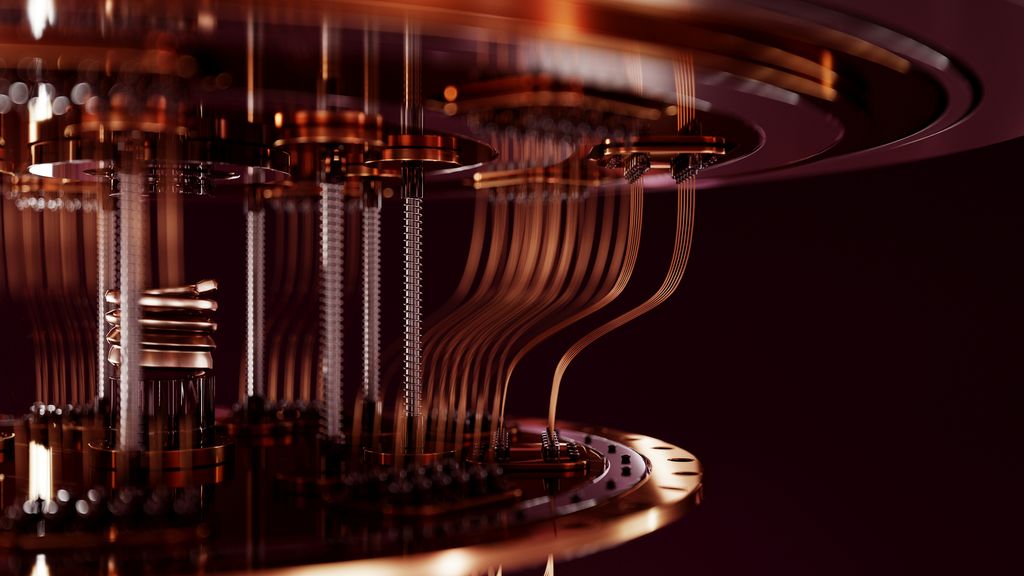Why do we need quantum computers? What are the areas of use?
Take, for example, the case of molecule modeling. This is a problem that becomes very complex as the size of the particles increases. Even simple molecules, such as caffeine, are impossible to model in classical computer science, because there are many parameters to consider. This is a hugely complex problem. Quantum computing, through its approach, makes it possible to significantly reduce complexity. So to go from an exponential problem to a linear problem. To be more telling, a problem that would take years or centuries to solve in the classics, might take minutes in quantitative terms.
>> Read also: Why is quantum sovereignty so hard to achieve?
What are the differences between quantum computing and classical computing?
It is important to understand that quantum computing is a paradigm shift. In general, today, with classical computing, we are dealing with bits, and therefore zero or one piece of information. Thus, it contains little unit information. The qubit, or “quantum bit,” is the basic element, the qubit equivalent of quantum computing. A qubit can contain two pieces of information. So two qubits can contain four bits of information, etc. So we have an exponential increase in the information a quantum computer can contain. This makes it possible to deal with more complex topics.
Take the example of a maze. In classical computing, to find the shortest path between input and output, we will do tests. One test, two tests, three tests… The more complex the maze, the more tests you have to do. In quantum computing, it’s completely different! We know the entrance and the exit. What needs to be done in quantum computing is to model all possible paths, because we have the ability to get more information. The magic lies in finding the algorithm or algorithms that will make it possible to determine the most likely path.
In short, classical computing is inevitable. I have an entrance and an exit and it will always be the same. Whereas in quantum, we need to know what outcome we are aiming for, and deal with the probabilities of the outcome.
>> Read also: New way to store quantum information?
How does a quantum computer work?
To simplify, quantum computing is the ability to exploit two quantum phenomena: superposition – a qubit is in a state of superposition between 0 and 1, and as long as it’s not measured, we don’t know, it’s a field of information – and entanglement. Using these two phenomena, we can model more complex phenomena, which we cannot do in classical computer science.
>> Read also: Quantum computer: how does it work?
What are the main advantages of quantum computing?
Some complex problems, that could take years to deal with, maybe centuries, would take a few minutes, a few hours. So there is a significant reduction in volume and time, which will allow those who can, for example, think about reducing energy consumption. When you need a whole bunch of servers running for months, it’s enough to run a few quantum computers for a few hours. Thus, we can have a significant reduction in our ecological footprint.
What are the next steps in development?
Today, we can say that we are in the seventies, if we compare the development of classical computing. Currently, there are 20-25 technologies from different laboratories. Five things stand out, one of them is the superconductor, which is really advanced and used by Google, IBM, Amazon … On the other hand, today, you have to realize that you don’t know which technology will make it possible to go up to 1,000, 10,000, or even 100,000 qubits. For now, the final technology isn’t there yet, but there is evidence.
>> Read also: Researchers push the limits of quantum supremacy back
The interview was conducted in No. 2021.

“Certified gamer. Problem solver. Internet enthusiast. Twitter scholar. Infuriatingly humble alcohol geek. Tv guru.”





